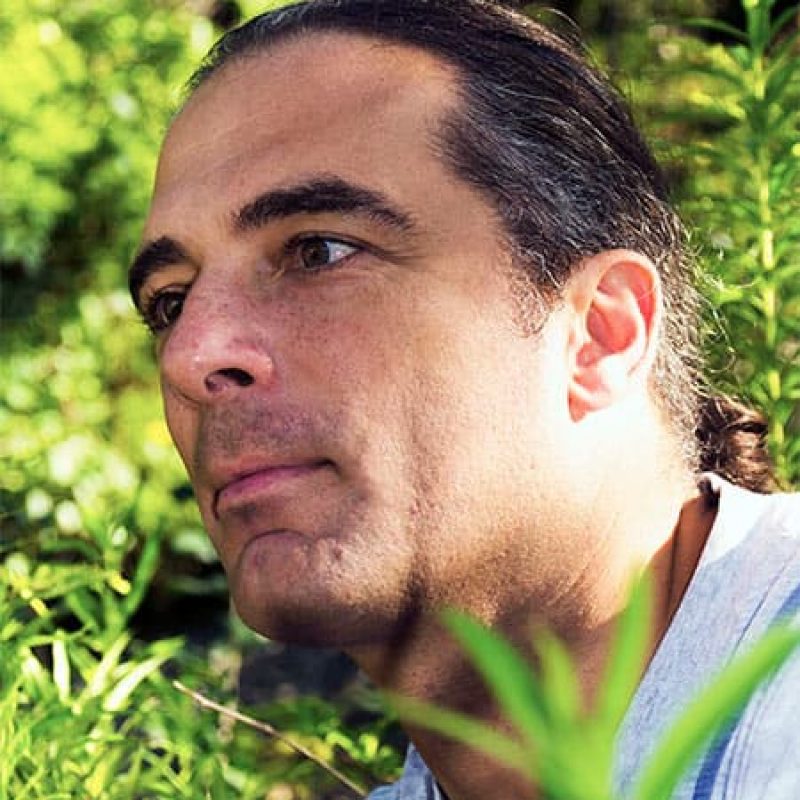Tag: Agricultural Research
-

Andre Kessler
The research in the Kessler Lab focuses on the ecology and evolution of plant chemical defenses (secondary metabolites) to pathogens and herbivores and the role of soil microbial communities to affect and be affected by plant secondary metabolism. Thus we try to understand how microbially-mediated[...] -

Xiangtao Xu
I am an ecosystem ecologist interested in the patterns, mechanisms, and consequences of the interactions between terrestrial ecosystems and the environment. My research program uses process-based ecosystem models as ‘numerical greenhouses’ to integrate the every-increasing heterogeneous data sets in ecology (e.g. synthesis in traits, ground[...] -

Gillian Turgeon
The Turgeon lab works on mechanisms of fungal virulence to plants with particular emphasis on the roles of fungal secondary metabolites, iron and oxidative stress. Classical genetic, molecular genetic, and genomic approaches are used. -

Christine Smart
Two main areas of study in the Smart lab include identifying genes in bacterial pathogens that enable movement within a plant, and understanding the population diversity of rapidly reproducing oomycete pathogens. These studies enhance our knowledge of pathogen virulence determinants and further elucidate how plants[...] -

Teresa Pawlowska
We study the mechanisms underlying ecological interactions between fungi and bacteria. Student projects will focus on current work to characterize the bacteria associated with mycorrhizal fungi in poorly studied desert habitats in California and Israel. Students will learn culture and microscopy techniques, and phylogenetic analysis. -

Rebecca Nelson
We study disease resistance in maize and sorghum with a substantial focus on fungal pathogens that produce toxins and cause large-scale food system contamination. We work at scales ranging from a single nucleotide (which genetic variations provide quantitative resistance) to whole-plant phenotypes (looking at tradeoffs[...] -

Gregory Martin
The Martin lab studies the molecular bases of bacterial infection processes and the plant immune system. Our research focuses on speck disease caused by the bacterial pathogen Pseudomonas syringae pv. tomato. We use diverse experimental methods in biochemistry, bioinformatics, cell biology, forward and reverse genetics, genomics, molecular[...] -

Jenny Kao-Kniffin
The goal of the Kao-Kniffin Lab is to understand the functional role of rhizosphere microbiomes in modifying plant traits. The rhizosphere harbors a tremendous diversity of soil microorganisms that enhance or inhibit plant growth. We are applying concepts in ecology and evolution to assemble microbiomes[...] -

Tory Hendry
The Hendry lab studies how environmental bacteria interact with insect hosts. Our main focus is understanding how plant-associated bacteria influence the health and behavior of insect herbivores. Students will design mesocosm experiments with culturable bacteria growing on plants and herbivorous insects, using skills in bacteriology[...] -

John Helmann
We use Bacillus subtilis as a model system to characterize the bacterial stress responses elicited by metal ion limitation and excess during infection, and by host-produced antibiotics that interfere with integrity of the cell envelope. The resulting insights are relevant for understanding the mechanisms that allow bacterial[...]
